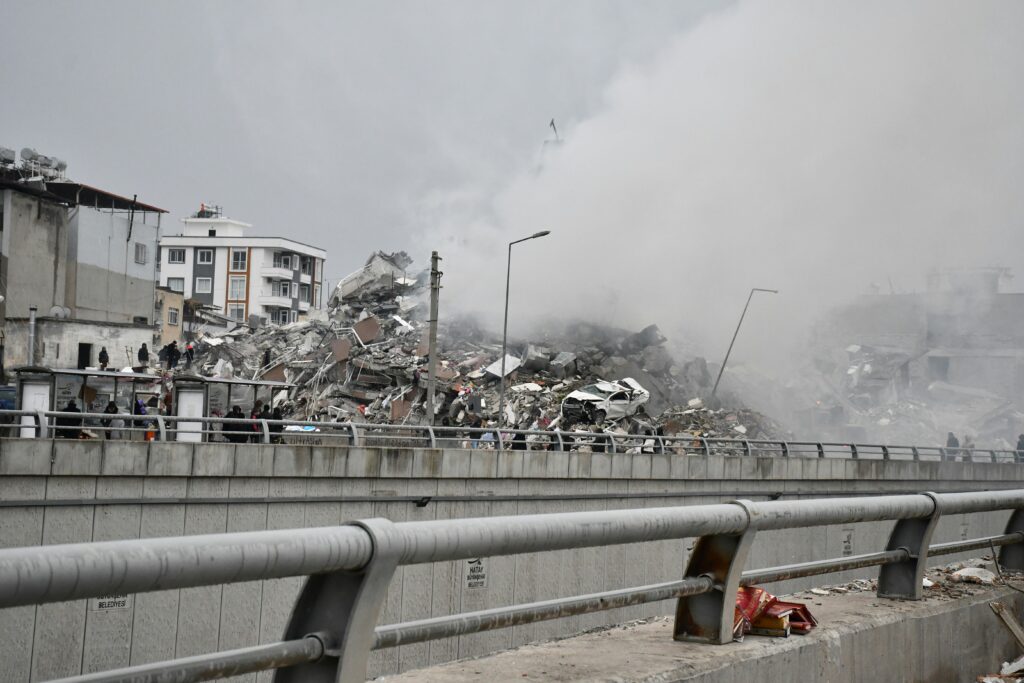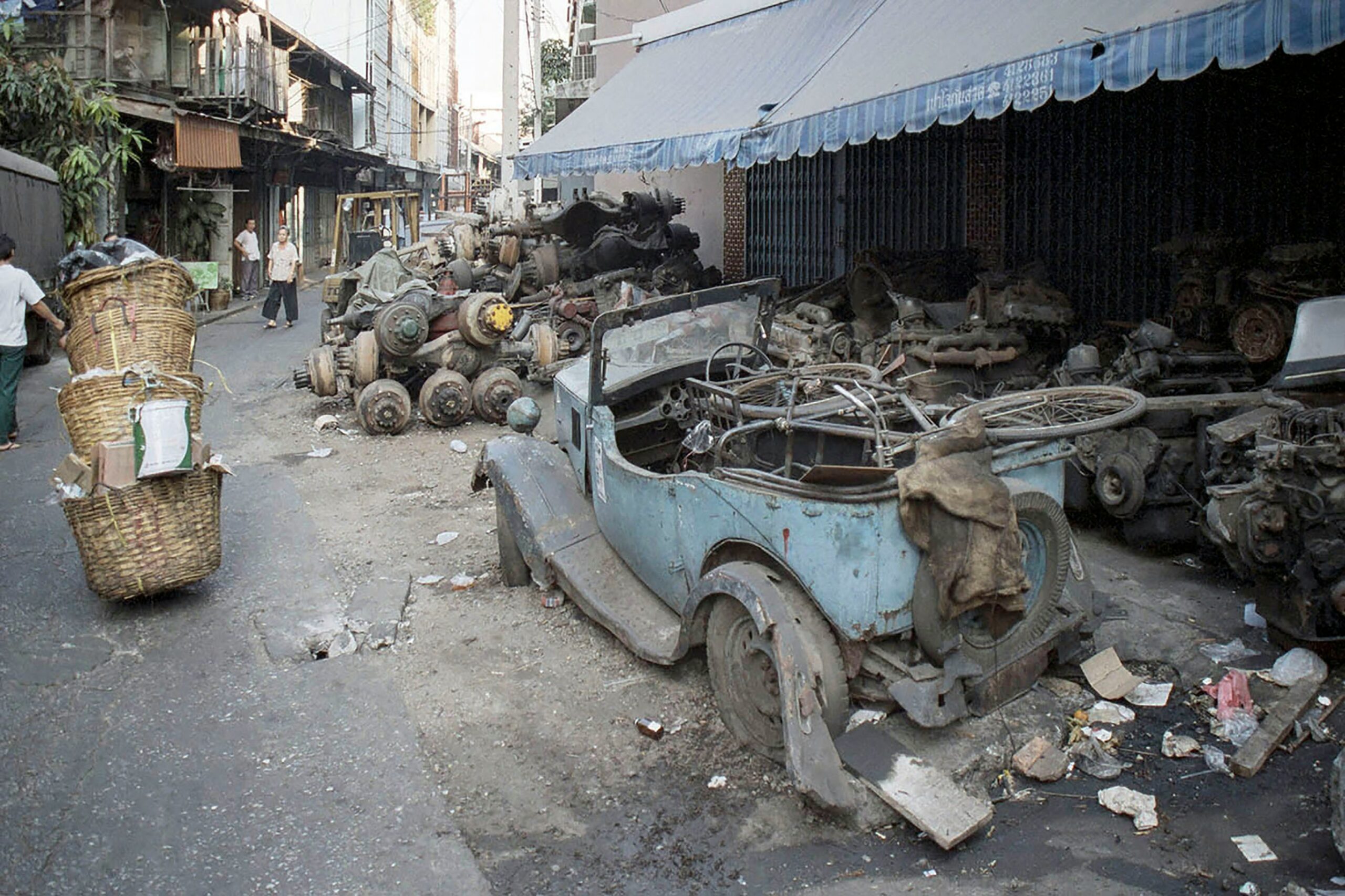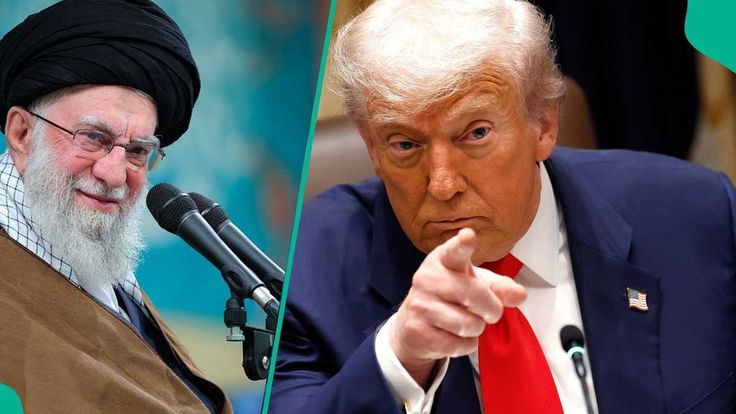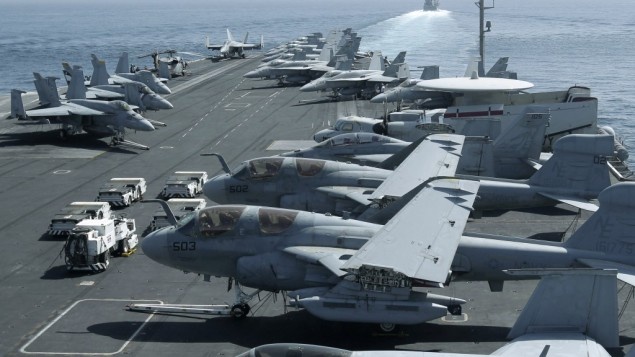A devastating bomb blast kills 15 near political rally in Pakistan, shaking the city of Quetta in Balochistan province and underscoring the fragile security situation in the region. The suicide attack, which also left more than 30 people wounded, occurred late Tuesday evening outside a stadium where hundreds had gathered for a Balochistan National Party (BNP) rally.
Authorities confirmed that the militant group Islamic State has claimed responsibility for the attack, which targeted one of Pakistan’s most politically sensitive provinces.
The Attack Outside Quetta Rally
According to officials, the explosion took place in the parking area of the stadium shortly after the BNP rally had concluded. The event was organized in memory of Ataullah Mengal, the former chief minister of Balochistan who passed away in 2021.
Balochistan Health Minister Bakht Muhammad Kakar told local media that the suicide bomber failed to enter the venue due to heavy security but detonated explosives outside, killing and injuring dozens.
Government representative Hamza Shafqaat added that 120 police personnel were deployed for security, a measure that likely prevented an even greater tragedy. “If the bomber had managed to reach the rally stage, the damage could have been catastrophic,” he said.
Rising Death Toll and Survivors’ Accounts
Initially, authorities reported 12 deaths, but by Wednesday morning the death toll rose to 15 as several critically injured victims succumbed to their wounds.
Eyewitnesses described scenes of horror. Zaman Baloch, a survivor, recalled:
“After the explosion, I saw a lot of people lying on the ground and there was screaming everywhere.”
Another attendee, Noor Ahmad, said he felt the ground shake and then saw smoke and chaos as people fled the scene. Injured BNP leader Ahmed Nawaz confirmed that the blast occurred about 200 feet from the rally venue.
Who Was Behind the Attack?
The Islamic State (IS) claimed responsibility through its affiliated channels. The group has carried out several high-profile attacks in Balochistan in recent years, targeting both civilians and security forces.
Balochistan is also home to separatist militant groups, including the Baloch Liberation Army (BLA), which has waged an insurgency for decades. The province’s strategic location bordering Afghanistan and Iran makes it a hotspot for militancy, smuggling, and political unrest.
Prime Minister Shehbaz Sharif condemned the incident, calling it “damning evidence of a conspiracy by terrorists to spread chaos in Balochistan.”
A Region Under Siege
This is not the first time Quetta has witnessed bloodshed linked to militant groups. Balochistan, Pakistan’s largest province by area, has long been plagued by violence, poverty, and political marginalization.
- February 2024 – Islamic State claimed twin bombings at election offices in Balochistan, killing more than 20 people on the eve of parliamentary elections.
- November 2023 – A suicide attack at Quetta railway station killed over 20, claimed by the Baloch Liberation Army.
- March 2025 – Armed militants hijacked a train with more than 400 passengers, threatening executions unless political prisoners were released.
These repeated incidents highlight how both ISIS-affiliated militants and Baloch separatists pose a dual security challenge to Islamabad.
Security Measures and Challenges
Despite heavy police deployment, Tuesday’s bombing shows the gaps in security infrastructure. Suicide bombers remain difficult to intercept, particularly in crowded political gatherings.
Security analysts note that militants increasingly aim at symbolic targets like political rallies to undermine public confidence and send a message of instability.
While Quetta has a strong security presence, including checkpoints and paramilitary patrols, the province’s rugged terrain makes it easy for militants to regroup and launch attacks.
Political and Social Impact
The attack is a severe blow to the Balochistan National Party (BNP), which has been trying to rally support in a province often caught between demands for autonomy and federal control. By targeting a BNP event, militants may be aiming to intimidate political leadership and discourage large public gatherings.
Observers fear that such attacks could suppress political participation, weaken democratic processes, and further alienate communities already skeptical of the central government.
International Concerns
The bombing also raises alarm beyond Pakistan’s borders. Balochistan holds strategic importance due to the China-Pakistan Economic Corridor (CPEC), a multibillion-dollar infrastructure project linking Gwadar Port to western China. Repeated militant violence in the province threatens not only Pakistan’s stability but also foreign investment and regional security.
Global powers monitoring terrorism networks see the ISIS footprint in South Asia as particularly concerning, especially as the group seeks to expand its influence following setbacks in the Middle East.
Voices of Resilience
Despite the tragedy, survivors and BNP leaders have vowed not to be silenced. Injured leader Ahmed Nawaz told BBC Urdu that the party would continue organizing events in honor of its late founder, saying,
“We will not bow to terrorists. Their aim is fear, but our mission is unity.”
Prime Minister Sharif also emphasized that Pakistan’s security forces would intensify operations against militant networks and bring those responsible to justice.

Conclusion: A Grim Reminder
The horrific bomb blast kills 15 near political rally in Pakistan, serving as a grim reminder of the persistent security threats facing the nation. For the people of Quetta and Balochistan, it is another chapter in a long history of violence that has repeatedly disrupted daily life and political activity.
As Pakistan works to maintain stability, protect political freedoms, and ensure security in its most vulnerable regions, the tragedy underscores the urgent need for both stronger counter-terrorism measures and meaningful political engagement in Balochistan.
Until then, the resilience of ordinary citizens, who continue to gather, vote, and express their voices despite the risks, remains Pakistan’s strongest shield against terror.



